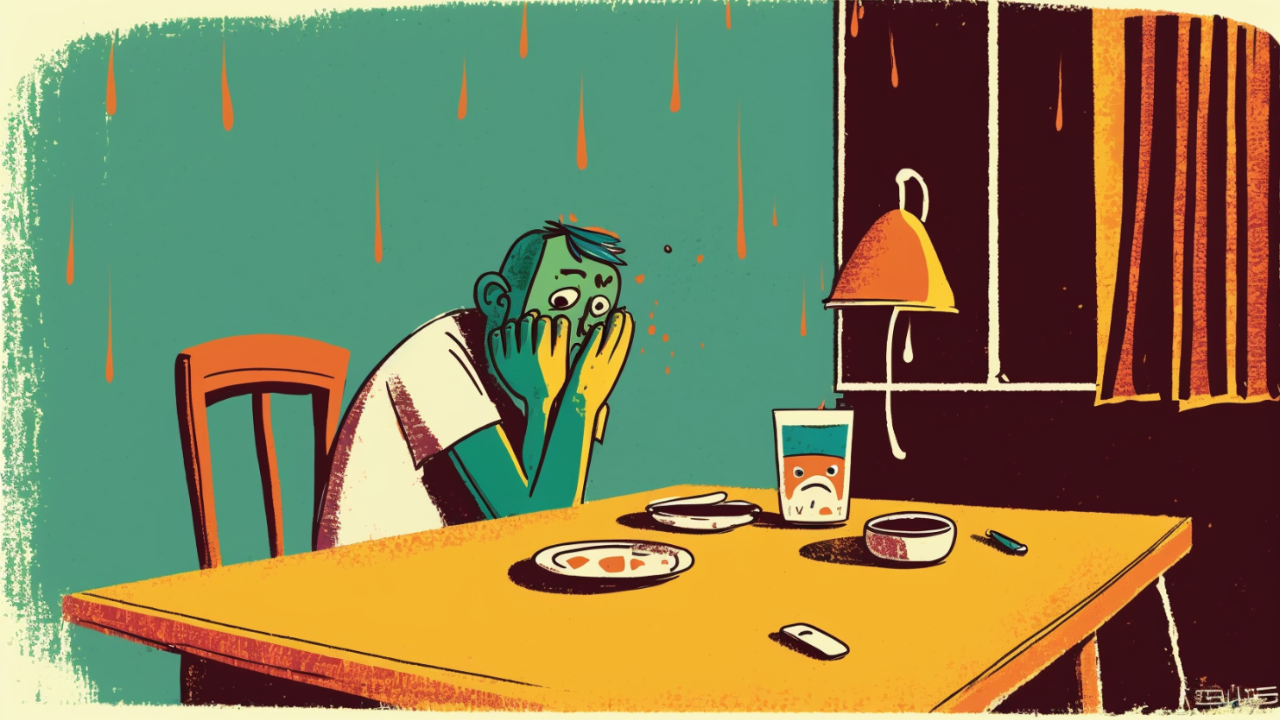- James, who is 34, had a sports betting addiction that started two years ago when it became legal.
- The last year his wagers equated to just over $200,000, and it was the primary activity of his life.
- He claimed it was the equivalent of “using your phone to lose everything you’ve saved.”
It all started in the heat of July, and James felt as if it was only yesterday.
He wasn’t even betting if a team would win but placed his first $3,000 on a match where no runs would be made in the first inning. That bet was lost in minutes. He went on to bet another couple thousand dollars for a different match, with the same bet and lost. Then, even though he was down, he bet a large chunk of around $7,000 with the same bet on yet another game. This time he won, and this time he realized something was wrong.
“I’ll never forget that moment,” James said. “This is crazy and irrational behaviour that a sports betting addiction allows.”
He hasn’t stopped, even with March Madness, but he tries to stay within his own bounds.
Then, James (his pseudonym) claimed that the prior year he bet over $200,000 on sports through legal platforms such as FanDuel or DraftKings. Moreover, his average daily betting habits reached up to several thousand dollars daily, and he even had large wins, turning $2,500 to $30,000.
Yet it affected his personal life to the point where he always checked out the bets and monitored them, even when spending time with his family.
All this started because 33 states have passed laws enabling sports wagering so far as of March. All of this is due to the Supreme Court stepping out of the way in 2018. There are 3 other states where it’s legal but still working to be operational. Yet ten states still require in-person betting at registered sportsbook locations.
In a survey done last July, 20% bet on sports in the past 12 months. The American Gaming Association had a good estimate of 30 million bets for March Madness-related bets. It’s possible to bet both online and in person.
It has its pros and cons. Many States have seen better tax revenues and job creation. Yet there are those that are raising the alarm about the possibility of increased sports betting addiction based on sports gambling. In fact, many assume that sports betters have a greater risk of gambling addiction than other gambling activities.
While research is still fresh, there’s already a report from the Illinois Department of Human Services, where almost 4% of the adult population was addicted to gambling, with nearly twice that figure being at risk of getting one. That comes out to over 1 million with either a gambling addiction or possibly having one.
In New Jersey, similar data comes from the Rutgers Center for Gambling Studies, where up to 6% of the population is reaching a point of problem gambling with high risks. There is some action being taken by states, and funding is happening to help support the prevention of these sports betting addictions, but for some, it doesn’t seem enough is being done.
A co-director from the UCLA Gambling Studies Program, Timothy Fong, stated that sports gambling could bring positive benefits and entertainment value. However, there’s still a concern with the darker side.
“We know that sports gambling can be addictive, and Americans are hungry for such a product. However, once combined with technology and how strong the industry is at getting people to wager, it can go bad really fast,” said Fong.
When speaking with the likes of FanDuel or DraftKings, they were quick to show all the resources provided to support responsible gaming. This is inclusive of where people can find support locally. In addition, these platforms and many others enable players to put restrictions anytime.
States have also enabled a self-exclusion feature to restrict sign-up or access to bettors for a time range.
Senior Director of Responsible Gaming at DraftKings, Christine Thurmond, said, “We take a multi-step and systemic approach to optimize our technology, including detecting problem behaviour and integrating an intervention process. We also look at the overall gaming environment and work with scientific experts, advocacy groups, and operators to future safer play.”
Ease of access through mobile can quickly deplete all your funds
Back to the story of James, who would only place bets on frequent trips to Las Vegas before it was legal in his home state. He downloaded a legal sports betting app in 2021 and would place various wagers on different sports, ranging from $50 to $100.
The worst happened when he started to win a majority of his bets. “Once you start winning, you want to repeat that outcome,” James said. “It wasn’t important what team was playing, just the fact that I could win something.”
He passed it off as luck but also thought he had an edge, which is called the ‘illusion of control.’
The bets started to increase first to $250, and then they were commonly over $1000 nearly every day.
“Being able to grab your phone and place a bet is the issue,” he said, “other types of addiction require additional effort to find that addictive substance. With sports betting addiction, getting a fix and your phone anytime you need it is easier.”
The downward spiral continues
After hitting that single $7,000 bet last July, it became his turning point. Even though the process hadn’t been simple, and he felt ashamed, getting close to loved ones was hard. He went to 1-800-GAMBLER, but they initially gave him resources. He needed to talk to someone, and the service eventually improved.
While still betting, it’s not as frequent as in the past, and his last large wager was for $4,000 last fall; that was a loss. He continues to feel that “not gambling at all is tough,” but for now, his betting is more controlled. He’s switched to only in-person betting at a local sportsbook.






